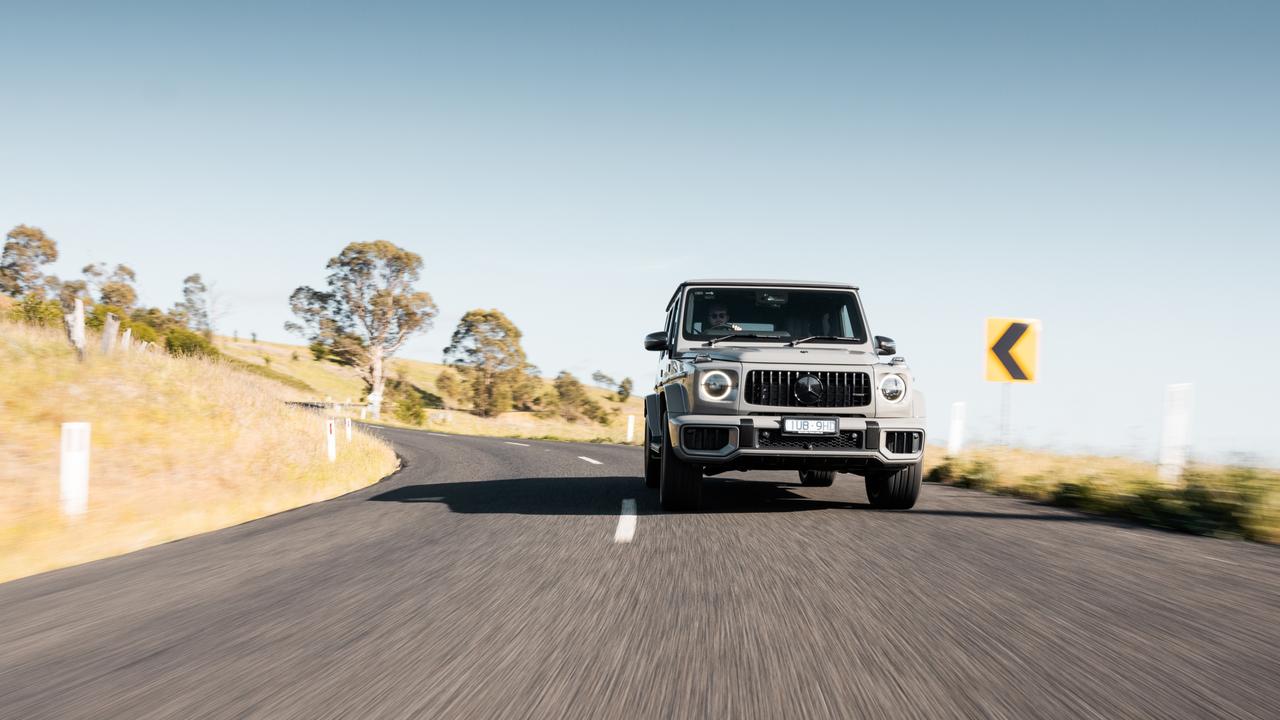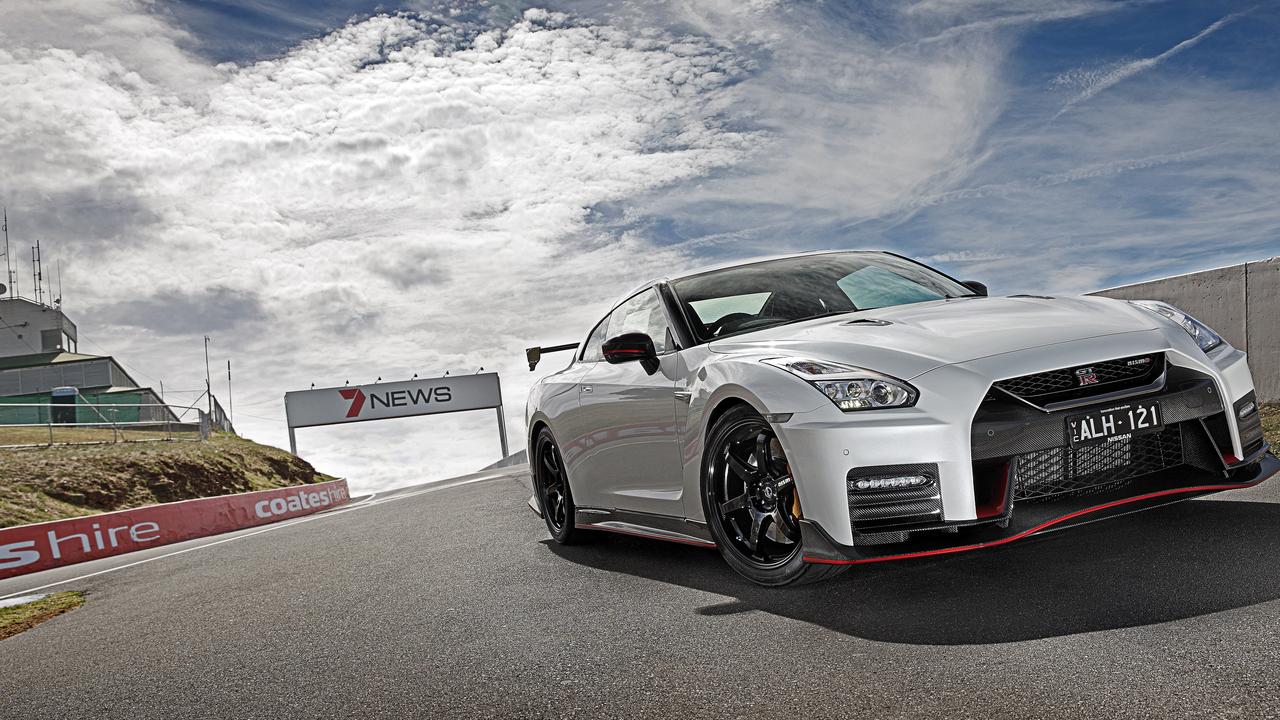Mercedes-Benz leads the list of most recalled brands
No car is perfect but some are more prone to problems than others. These are the carmakers whose vehicles needed to return to the workshop in 2022.
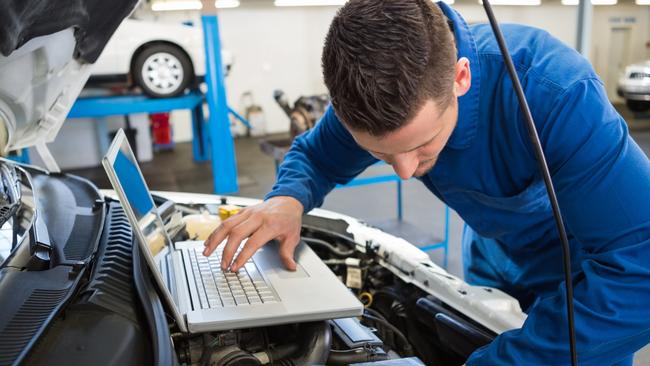
Car Advice
Don't miss out on the headlines from Car Advice. Followed categories will be added to My News.
Luxury brands figure prominently in the list of most recalled cars for 2022, with Mercedes-Benz leading the way.
The German brand has issued close to 50 recalls this year for more than 80 individual models, well ahead of Hyundai with 12 recalls and Kia with nine.
Kia recalled the most individual cars (92,865) ahead of Mercedes-Benz with 77,992 and Hyundai with 75,180.
Other luxury brands to make the top ten included Lexus, with eight recalls affecting 32,863 vehicles, BMW with eight recalls affecting 791 vehicles and Audi (four recalls affecting 20,176 cars).
Luxury brands are more susceptible to product recalls because they are generally more hi-tech, while most also have an extensive range of models.
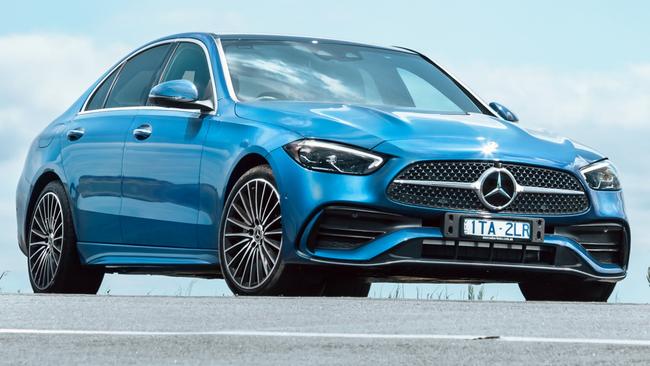
A Mercedes-Benz spokesman said the high number of recalls was the result of “continuous product monitoring” and reflected the brand’s cautious approach to safety.
“Yes, the number of recalls has risen. However, these measures are first and foremost a sign of our precautionary and stringent actions. We consistently set the very highest standards on such matters,” he said.
He said the brand regretted putting customers through the inconvenience of an unexpected visit to a dealership but considered it “our duty to act consistently and decisively in line with our brand promise.”
Tesla issued seven recalls despite only selling two models in Australia, suggesting hi-tech electric cars could provide headaches for buyers in the future. Hyundai’s Ioniq 5 and Kia’s EV6 were also recalled this year.
On the flip-side, many of the Tesla problems were solved by over-the-air software updates, so customers didn’t have to return their cars to dealerships.
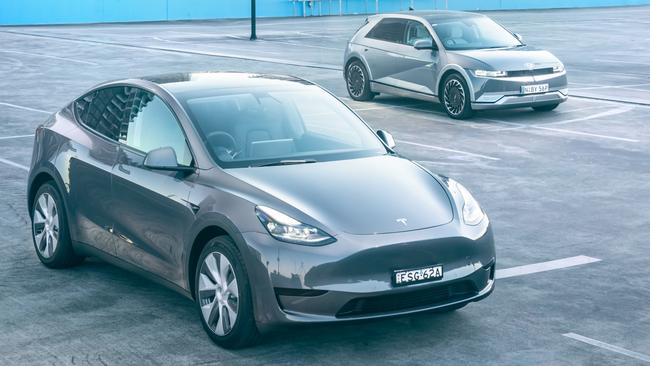
At the other end of the spectrum, several brands issued no recalls in 2022. Chinese brands MG, Great Wall, Haval and LDV were recall-free, as were Citroen, Honda, Mini, Renault and SSangyong.
Mazda had just one recall affecting 14 cars, an impressive result considering it is the second biggest selling brand in the country. Sales heavyweights Nissan and Mitsubishi also had just one recall.
Most recalls issued were relatively minor but some came with warnings of “potential death or serious injury”.
The most bizarre recall belonged to Audi, who warned that a spillage on the back seat could affect engine, gearbox and steering performance on its Q5 SUV.
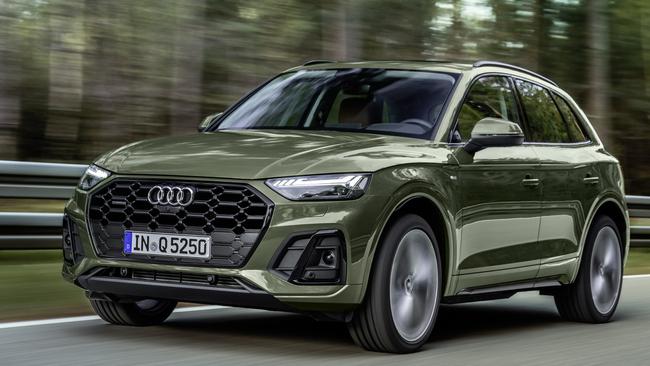
Here are the ten most recalled brands in detail.
Mercedes-Benz
The German brand has topped the list for the past seven years. It suffers to a degree from the size and complexity of its model line-up. It has more models than any other manufacturer, including market leader Toyota, and several of its cars share common components.
It also has an extensive commercial vehicle range, selling large delivery vans and small buses alongside its high-end cars.
Recalls covered problems such as fuel leaks and brake issues, although most were trivial.
Hyundai
Hyundai’s most serious recall occurred earlier this month and affected more than 27,500 vehicles including the Santa Fe SUV, i30 sedan and Venue crossover. The recall warned that the seatbelt pretensioner could fracture and propel metal fragments at high speed towards occupants.
Hyundai also had an issue with its Ioniq 5 EV, where the car could potentially fail to engage park and roll away.
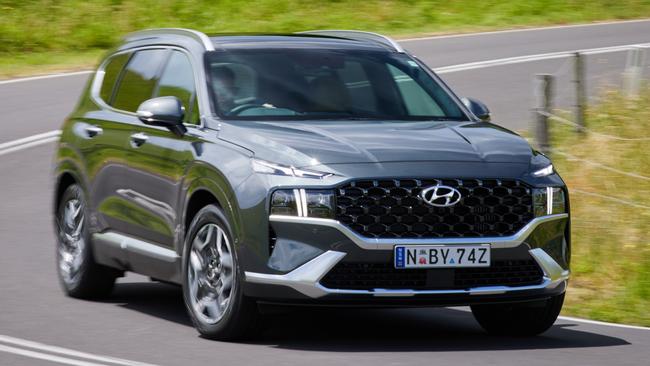
Kia
Kia vehicles share underpinnings and components with sister company Hyundai, so Kias are typically affected by similar issues, including the roll-away risk on the Ioniq 5, which also affected the EV6, Carnival and Sorento.
Other serious issues included the risk of fire on the Sportage and Sorento and an airbag problem on the Soul.
Volkswagen
Volkswagen had eight recalls this year, which is a low number given the size and complexity of its model line-up. Problems ranged from windscreen wipers not working on the Golf to the roof spoiler on the Polo coming loose.
Several different models were recalled for a loose engine compartment cover that could increase the risk of an engine bay fire.
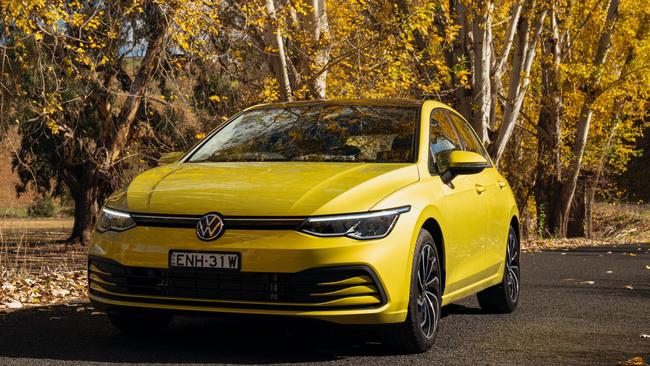
BMW
The German luxury car maker had eight recalls but all were very low-volume models. In most cases only a handful of customers were affected.
Four recalls were for the same problem, a faulty battery that could lead to an engine fire.
Lexus
Lexus had the same amount of recalls as BMW, but they affected thousands more customers. Its biggest recall for the year revolved around a potential fuel tank leak. The recall involved 14,270 vehicles and several models, including the IS and GS sedans and RC coupe.
Tesla
The EV maker has had a busy year on the recall front, especially given its limited line up. It sells only two models in Australia, although two of the recalls were for models no longer on sale.
Most of the problems centred on faulty software and customers weren’t required to take their car back to the dealership as an over-the-air software fix was available.
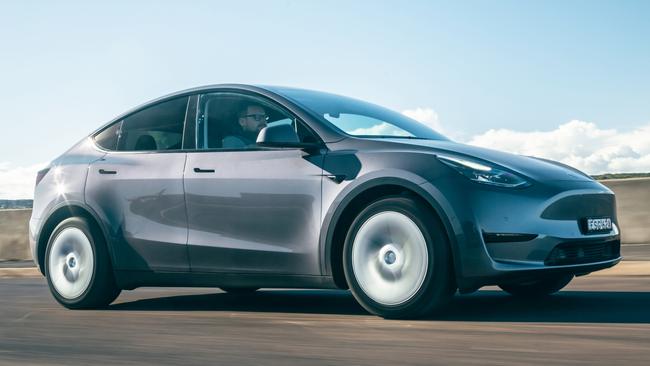
Toyota
Australia’s largest brand had seven recalls affecting almost 75,000 vehicles.
The biggest and potentially most serious recall centred on a front sensor that had not been calibrated properly and could affect the car’s pre-collision warning system.
Other issues were relatively minor.
RAM
RAM trucks are imported into Australia and converted to right-hand drive in Melbourne.
The maker had six recalls, but four were related to the same airbag problem.
It recalled 644 vehicles for a software issue with the anti-lock brakes that could lead to failure of the stability control system
Suzuki
Suzuki had four recalls for two problems. A brake booster issue affected more than 20,000 vehicles including the popular Swift, Baleno, Vitara and S-Cross. The Vitara was also recalled for faulty user manual instructions on how to fit the baby seats.
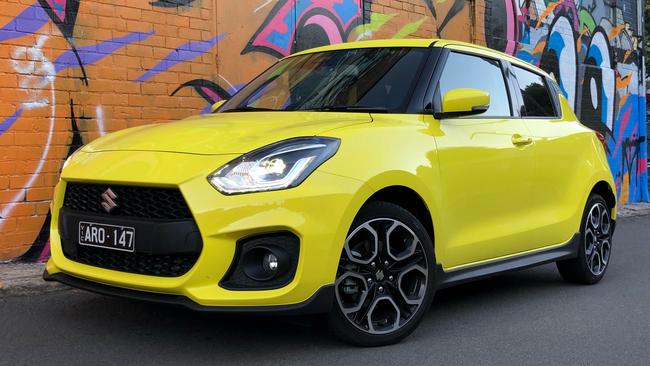
Audi
The German maker had four recalls but the biggest – and most bizarre – was an issue whereby if water was spilt on the rear bench, it could cause the electronic control unit to fail, potentially affecting the engine, gearbox and steering. More than 18,000 Q5 SUVs were involved.
Ford
Ford had four recalls, including an electrical problem with more than 2300 Mustangs that affected the rear view camera display, reverse lamps and some active safety features.
Porsche
The sports car maker had four recalls and two of them affected the Taycan EV. The biggest involved more than 400 Taycans and related to an airbag warning light.
Originally published as Mercedes-Benz leads the list of most recalled brands


